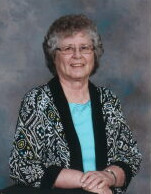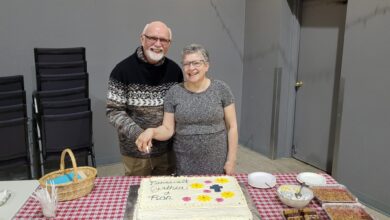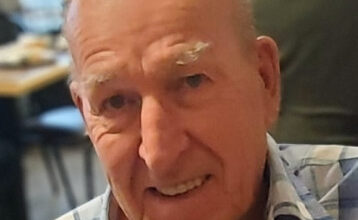
By Joan Janzen
The doctor said to his patient, “Your X-Ray showed a broken rib, but we fixed it with Photoshop.”
People are always looking for a simple solution, and the most recent mantra we’re hearing from activists is to “defund police” in Canada. Rather than improving the system, they propose reallocating massive sums of money provided to police and shifting it to community supports.
Edmonton police chief, Dale McFee speculated a reduction in the budget could lead to a loss of officers and programs dealing with diversity, community safety and well-being.
“If you defund police, based on collective agreements, you lose all your new hires and you lose all of those programs,” he said. He further explained that officers who were hired in the last 3-5 years would be cut first, many of whom come from various backgrounds, and are armed with degrees in social work and communications.
People are understandably frustrated, especially in the United States. But regarding racism in Canada, McFee said, “Systemic racism exists in every community, but it doesn’t mean it’s rampant. I’m fully committed to change, but it needs to be the right change.” He noted it’s time to take the emotion out of the situation.
Ottawa police chief Peter Sloly said it’s understandable people are emotional after a tragedy, but an emotional reaction looks for simple solutions to tackle complex situations.
Activists suggest re-directed funds could create a new type of emergency service, an alternative to 911, which could be utilized for situations such as mental health issues.
A University of Toronto sociology professor said, “It’s not to say that the police wouldn’t have to be present for some of those calls. There may be instances where an individual is posing a serious risk to themselves or to others, where we would want the police to be there.”
The solutions aren’t simple, and will require much more than the activity of activists. It will require the skill of communication to be utilized between the police and other support groups to solve a complex situation.
Back in 1965 a TV show had Herman Munster offering this advice to his son: “There’s one lesson I want you to learn. It doesn’t matter what you look like. You can be tall or short, fat or thin, ugly or handsome like your father. Or you can be black or yellow or white, it doesn’t matter. What does matter is the size of your heart and the strength of your character.”
Maybe simple solutions were more effective in 1965.
You can contact Joan Janzen at joanjanzen@yahoo.com
For the latest information and for more updates on everything Kindersley ‘Like’ the Kindersley Social Facebook page below…








































